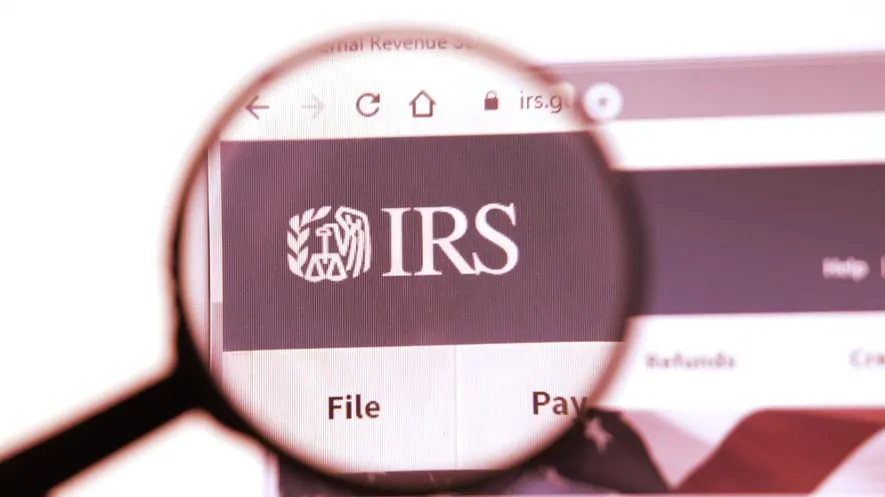The United States’ Internal Revenue Service (IRS) has published a report that details the degree to which cryptocurrencies feature in criminal investigations.
According to the report, 93% of all seizures carried out by the Criminal Investigations team (CI) involve cryptocurrencies. In total, $3.5 billion worth of cryptocurrencies has been seized by the CI team.
As part of the CI’s ongoing effort to combat financial crime, it has spent the last six years building a dedicated cybercrimes program—the Cyber Crime Unit (CCU)—dedicated to addressing the “exponential growth” of cybercrime.
“These crimes almost always involve the use of cryptocurrencies to facilitate the criminal activity,” the IRS said in the report.
During the last 12 months alone, cryptocurrencies and crime have made several high-profile headlines.
These include far-right extremists raising millions in crypto, Russian intelligence-backed companies funding election meddling campaigns with crypto, and even law enforcement attempts to crack privacy coins to solve a missing persons case in Sweden.
The IRS’ biggest crypto cases
The IRS report recounts some of the largest crypto-related seizures in the organization’s—and the industry’s—history.
One example came in April of this year when a Russian-Swedish national named Roman Sterlingov was arrested on charges that related to his alleged “operation of the longest-running Bitcoin money-laundering service on the darknet.”
Since 2011, Sterlingov operated a mixing service called Bitcoin Fog. During the time of its operation, Bitcoin Fog moved over 1.2 million Bitcoin, which, at the time, was valued at approximately $335 million.
“The bulk of this cryptocurrency came from darknet marketplaces and was tied to illegal narcotics, computer fraud and abuse activities, and identity theft,” the IRS added.
Another example came in July 2021, when Roger Nils-Jones Karlsson was sentenced to 15 years in prison for money laundering, securities fraud, and wire fraud.
“Karlsson ran an investment fraud scheme from 2011 until his arrest in Thailand in June 2019. Karlsson induced victims to purchase shares in the scheme called ‘Eastern Metal Securities’ using cryptocurrency, such as Bitcoin and other online payment platforms,” the IRS said.
But what’s coming next for the IRS and its role in combating crypto-related crime?
The IRS, crypto, and the future
Based on the report’s findings, the IRS has been hard at work combating a plethora of cryptocurrency-related crimes—but it won’t stop here.
According to Bloomberg, this trend is set to continue.
“I expect a trend of crypto seizures to continue as we move forward into fiscal year ‘22,” IRS Criminal Investigation Chief Jim Lee reportedly said on a call with reporters.
Recently, Congress passed the $1.2 trillion infrastructure bill which—for months—has raised concerns among many crypto enthusiasts. Under the bill’s current language, node operators and miners would need to report transactions to the IRS, a feat easier said than done.

